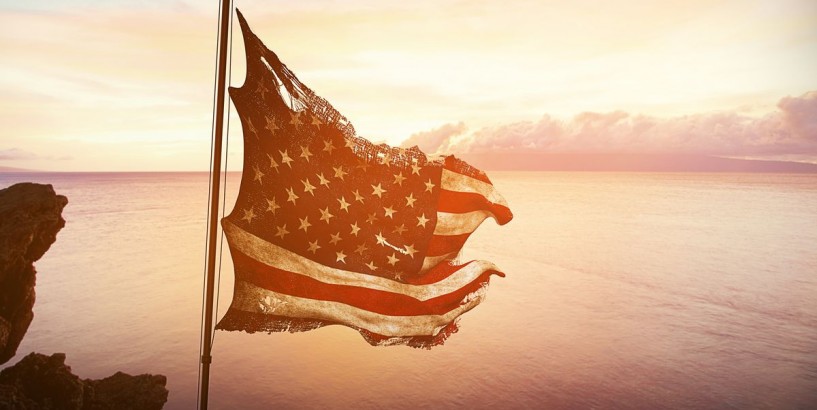Civil society could not function peacefully for long without a healthy respect for society’s bedrock institutions, from its schools to its churches, businesses, the police and government.
In that sense, the Pew Research Center’s newly released survey on trust and democracy flashes warning signs. It found that large majorities of Americans believe members of Congress act unethically at least some of the time. They feel the same, to varying degrees, about the leaders of technology companies, the clergy, local elected officials, police officers and journalists.
They have most faith in the military and K-12 public school principals, but only marginally. People suspect half of all military leaders are unethical some of the time, and 52% said the same about principals.
Related
America has a crisis of trust and it’s more nuanced than you may think These figures are worrisome.
Some of these institutions have no one to blame but themselves. For instance, the federal government is facing a looming shutdown at the end of this month unless Congress and the president make tough budget decisions. Instead, the House passed a continuing resolution that would push the difficult decisions into the future and keep the government going at current budget levels.
An inability to confront difficult choices fuels the fires of mistrust, especially when politics is at stake.
Eighteen years ago, critics bemoaned what they called the age of irony. When the terrorist attacks of 9/11 happened, Americans were quickly, but only temporarily, sobered from a time of endless smirking, as if no sincere deed could be viewed without a joke attached.
Today, this public attitude seems to have segued into an age of cynicism. For many, it is conventional wisdom that institutions are corrupt and that politicians value aggrandizement far above the virtues of public service.
This likely goes hand in hand with a devaluation of spiritual things, evidenced by the rise of the so-called “nones” — people who profess no ties with organized religion. Recent surveys put this growing segment at 23.1% of the American population.
Organized religion tends to teach that people were created by the divine and therefore have a portion of the divine within them. When one views all other humans as children of God, one tends to be more forgiving of weaknesses, quicker to assume good motives and intents, and more likely to feel emotions such as sympathy and empathy.
The same can be said of the value of friendships, or even simple acquaintances. Humans tend to be wary of strangers and sympathetic to those they see each day.
When one views all other humans as children of God, one tends to be more forgiving of weaknesses, quicker to assume good motives and intents, and more likely to feel emotions such as sympathy and empathy. The Chronicle of Philanthropy has found that people of modest means tend to give more, proportionately, to charity than do wealthy people. The exception to this rule, however, is when the wealthy live in zip codes that include the less fortunate. Daily interaction tends to influence opinions.
The Pew survey brought another troubling trend to light. Americans are divided along political, racial and gender lines.
Republicans were more likely than Democrats to demonstrate positive opinions about religious leaders. Only 33% of black adults believe police treat people the same regardless of race or ethnicity, versus 72% of white Americans. Women have more trust in Congress and journalists than do men.
The answer to this problem may be as simple as getting people to reach out more to strangers and to serve those in need. When horizons broaden, perspectives change.
Regardless, this national cynicism toward institutions ought to garner more attention. At its worst, it could lead to false assumptions, anger and even rebellion. Even if it falls short of that sort of action, it fuels apathy and feelings of hopelessness.
Of all nations, the United States ought to be a place where people value self-government, and where history teaches that faith — in institutions, ideas, innovation and creativity — can accomplish virtually anything.









